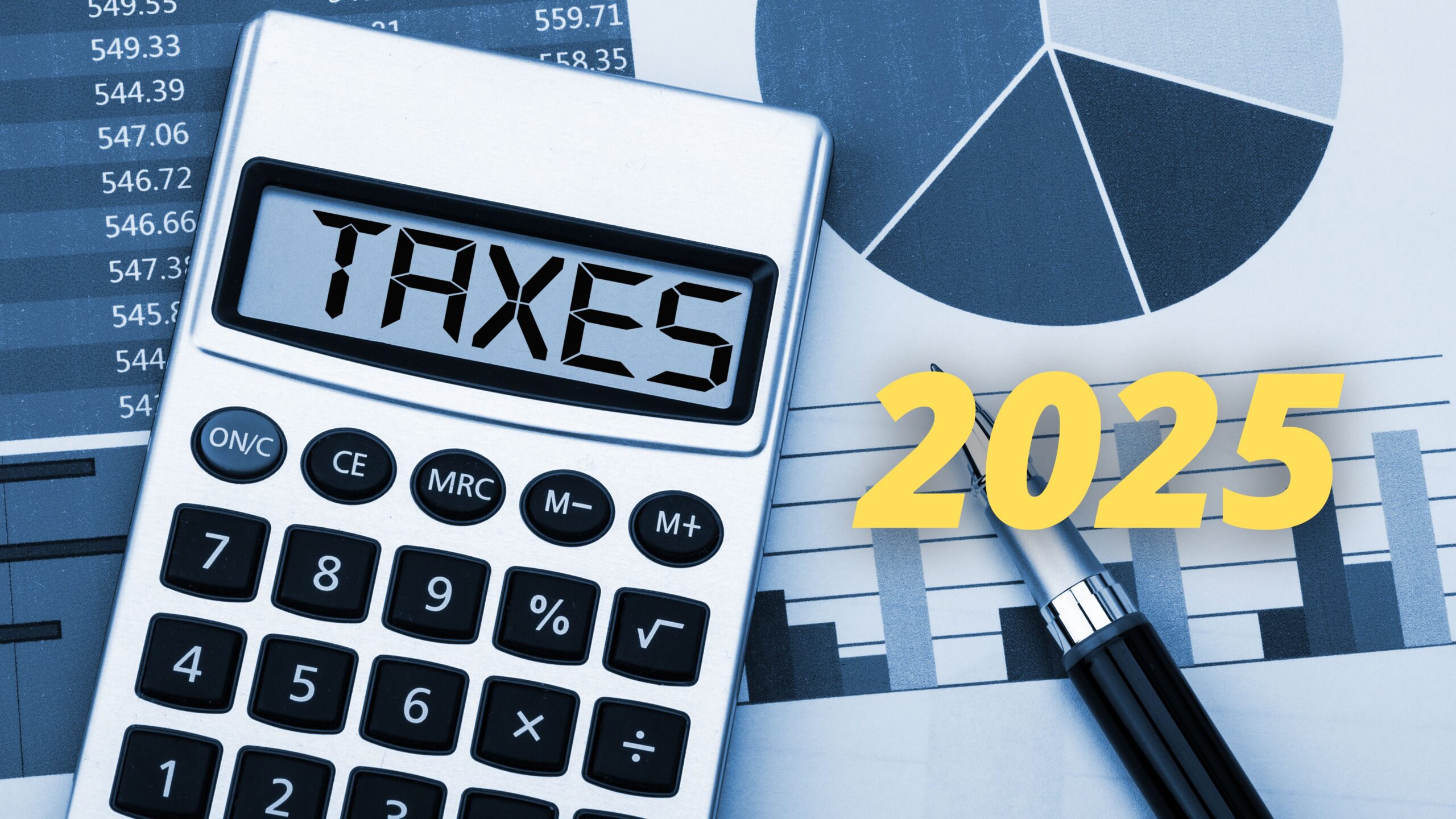As 2025 approaches, it’s important to be aware of the key tax dates, deductions, income brackets, credits, and deadlines to ensure you’re fully prepared for the upcoming tax season. Here’s everything you need to know about Tax Day 2025, as well as some crucial information to help you maximize your tax savings.
When is Tax Day 2025?
In the United States, Tax Day typically falls on April 15 of each year, but if the date falls on a weekend or holiday, it may be pushed to the next business day. In 2025, Tax Day will fall on Tuesday, April 15.
This is the deadline for filing your tax return for the 2024 tax year. If you file late without an extension, you could face penalties and interest. However, if you need more time to file, you can request an extension, which will push your filing deadline to October 15, 2025. It’s important to note that this extension only applies to filing, not payments. Any taxes owed must still be paid by April 15 to avoid penalties.
Deductions: How You Can Lower Your Taxable Income
Tax deductions allow you to reduce your taxable income, which in turn can lower the amount of tax you owe. There are two types of deductions to be aware of:
- Standard Deduction: This is a set amount that you can deduct from your income based on your filing status. For 2025, the estimated standard deduction will be:
- $13,850 for Single filers
- $27,700 for Married couples filing jointly
- $20,800 for Heads of household
- Itemized Deductions: If your eligible expenses exceed the standard deduction, you can itemize deductions for things like medical expenses, mortgage interest, property taxes, and charitable donations. Be sure to keep good records of your spending, as it could benefit you come tax time.
Income Brackets: Know Your Tax Rate
Understanding your income bracket helps you determine the percentage of tax you owe on your taxable income. The IRS applies a progressive tax system, meaning higher income is taxed at higher rates. While the exact income brackets for 2025 haven’t been finalized yet, here’s a general look at the current tax brackets for 2024 to give you an idea of how income is taxed:
- 10%: Up to $11,000 (Single) / $22,000 (Married)
- 12%: $11,001 – $44,725 (Single) / $22,001 – $89,450 (Married)
- 22%: $44,726 – $95,375 (Single) / $89,451 – $190,750 (Married)
- 24%: $95,376 – $182,100 (Single) / $190,751 – $364,200 (Married)
- 32%: $182,101 – $231,250 (Single) / $364,201 – $462,500 (Married)
- 35%: $231,251 – $578,100 (Single) / $462,501 – $693,750 (Married)
- 37%: Over $578,101 (Single) / Over $693,751 (Married)
Keep in mind that income tax brackets are subject to adjustments for inflation, so the thresholds for each bracket could change in 2025.
Tax Credits: Reduce Your Tax Bill
Tax credits can directly reduce the amount of tax you owe, making them more valuable than deductions. Here are some common credits to watch for:
- Child Tax Credit: This credit helps families with children under 17. For 2025, the credit is expected to be up to $2,000 per child.
- Earned Income Tax Credit (EITC): Designed to help lower-income individuals and families, the EITC can provide significant savings. The amount depends on your income, filing status, and number of dependents.
- American Opportunity Credit: For taxpayers paying for higher education, this credit can provide up to $2,500 per eligible student for the first four years of college.
- Lifetime Learning Credit: For ongoing education, this credit allows you to claim up to $2,000 for qualifying expenses.
Unlike deductions, which reduce taxable income, tax credits directly reduce your tax liability, which is why they are so valuable.
Tax Deadlines to Keep in Mind
Apart from Tax Day (April 15, 2025), there are a few other important deadlines to consider:
- Quarterly Estimated Payments: If you’re self-employed or don’t have taxes withheld from your paycheck, you may need to make quarterly estimated payments. The deadlines for 2025 are:
- April 15, 2025
- June 15, 2025
- September 15, 2025
- January 15, 2026
- Extension Filing: If you file for an extension, your new filing deadline will be October 15, 2025. However, if you owe taxes, the payment is still due by April 15.
- State and Local Deadlines: Each state may have different tax deadlines and regulations. Be sure to check with your local tax authority to ensure you’re meeting all deadlines.
Final Thoughts
Tax Day 2025 will arrive on April 15, but there’s no need to wait until the last minute to start preparing. By understanding the available deductions, income brackets, credits, and deadlines, you can plan ahead and minimize your tax liability. Whether you’re preparing to file your taxes on your own or need assistance from a professional, staying organized and informed will help ensure a smoother tax season.
Remember, the earlier you start preparing for tax season, the more you can potentially save and the less stress you’ll experience as Tax Day approaches.



Leave a Reply